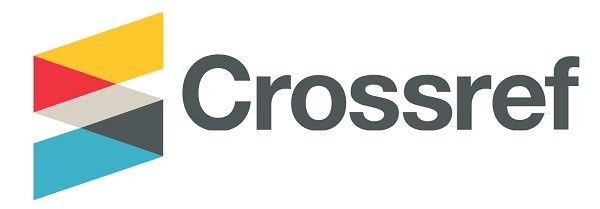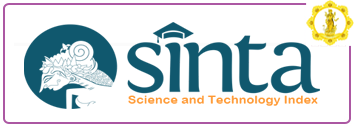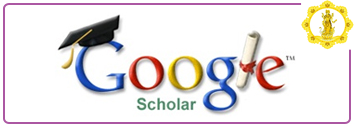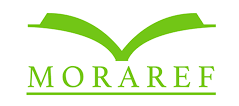PENINGKATAN MUTU PENDIDIKAN KEJURUAN PADA ERA PEMBELAJARAN ABAD KE-21 UNTUK MENJAWAB TANTANGAN INDUSTRI 4.0
DOI:
https://doi.org/10.25078/sa.v4i1.3234Keywords:
: 21st Century, Industry 4.0, Vocational High Schools (SMK)Abstract
Vocaational education is an institution that focuses on developing student’s skills in preparing someone to enter the world of work. One of the educational institutions in the Vocational High School (SMK). Vocational High School (SMK) is one the foral education levels that organizes Vocational High School (SMK). Foccuses more on on equipping students with expertise, skills, and skills that are prepared to enter the world of work. The rise of demands for industrial needs which are getting bigger day by day affects the demands of everyone to have skills or abilities that are experts in their fields. In learning conducted at Vocational High Schools (SMK), students not only learn knowledge in the academic field, students will also be equipped with non-academic skills such as leadership, working with teams, working under pressure, and interpersonal skills that can help support participants learn in everyday life. Currently, the world of education is entering the 21st century of learning where technology is the most important component in the learning process. Improving the quality of vocational education in the 21st century learning era is very important to answer the challenges posed by changes in the industrial revolution 4.0. The methods taught in Vocational High Schools (SMK) have a close relationship to 21st century learning. When examined further, the principles and skills of 21st century learning are very relevant to the learning carried out in Vocational High Schools (SMK). The purpose of this study is to highlight the role and benefits of Vocational High Schools (SMK) provided to students in learning 21st century as well as to prepare students for careers in the industrial era 4.0.
References
Anonimuos. (1993). Keputusan mentri Pendidikan dan Kebudayaan RI, Tentang Sekolah MEnengah KEjuruan. Jakarata: Depdikbud.
Alatas N. (2017). Peluang dan Tantangan Industri 4.0.PT CYBERTREND INTRA BUANA
Bukit, M. (2014). Strategi dan inovasi pendidikan kejuruan dari kompetensi ke kompetisi. Bandung: Alfabeta.
Depdiknas (2003) Undang-undang RI Nomor 20, Tahun 2003,tentang Sistem Pendidikan Nasional
Divayana, D. G. H., Suyasa, P. W. A., Ariawan, I. P. W., Mahendra, I. W. E., & Sugiharni, G. A. D. (2019). The Design of Digital Book Content for Assessment and Evaluation Courses by Adopting Superitem Concept Based on Kvisoft Flipbook Maker in era of Industry 4.0. In Journal of Physics: Conference Series (Vol. 1165). https://doi.org/10.1088/1742-6596/1165/1/012020
Irianto, D. (2017). Industry 4.0 The Challenges of Tomorrow. Batu malang
Kumaat, H. (-). PERSEPSI MASYARAKAT TERHADAP SEKOLAH MENENGAH KEJURUAN (SMK) SEBAGAI UPAYA MEMASUKI DUNIA KERJA. APTEKINDO, 1-6.
Lieu Tran, T. B., Törngren, M., Nguyen, H. D., Paulen, R., Gleason, N. W., & Duong, T. H. (2019). Trends in preparing cyber-physical systems engineers. Cyber-Physical Systems, 5(2), 65–91. https://doi.org/10.1080/23335777.2019.1600034
Maysitoh, Desri Fitri Agung (2019). PENDIDIKAN KEJURUAN di Era Industri 4.0: Tantangan dan Peluang Karir. iiCET:schoulid
Nolker, H. d. (1983). Pendidikan Kejuruan : Pengajaran . Kurikulum, dan Perencanaan. Terjemahan Agus Setuadi. Jakarta: Boston : Allyn and Bacon, inc.
Rogers,E.M. (1983). The Diffusion of Innovations. New York: Free Press.
Salisburry,D.F. (1996). Five Technologies of Educational Change. Englewood Cliff, NJ: Technology Publication.
Downloads
Published
Issue
Section
License
Copyright (c) 2023 Sang Acharya: Jurnal Profesi Guru

This work is licensed under a Creative Commons Attribution-NonCommercial-NoDerivatives 4.0 International License.












